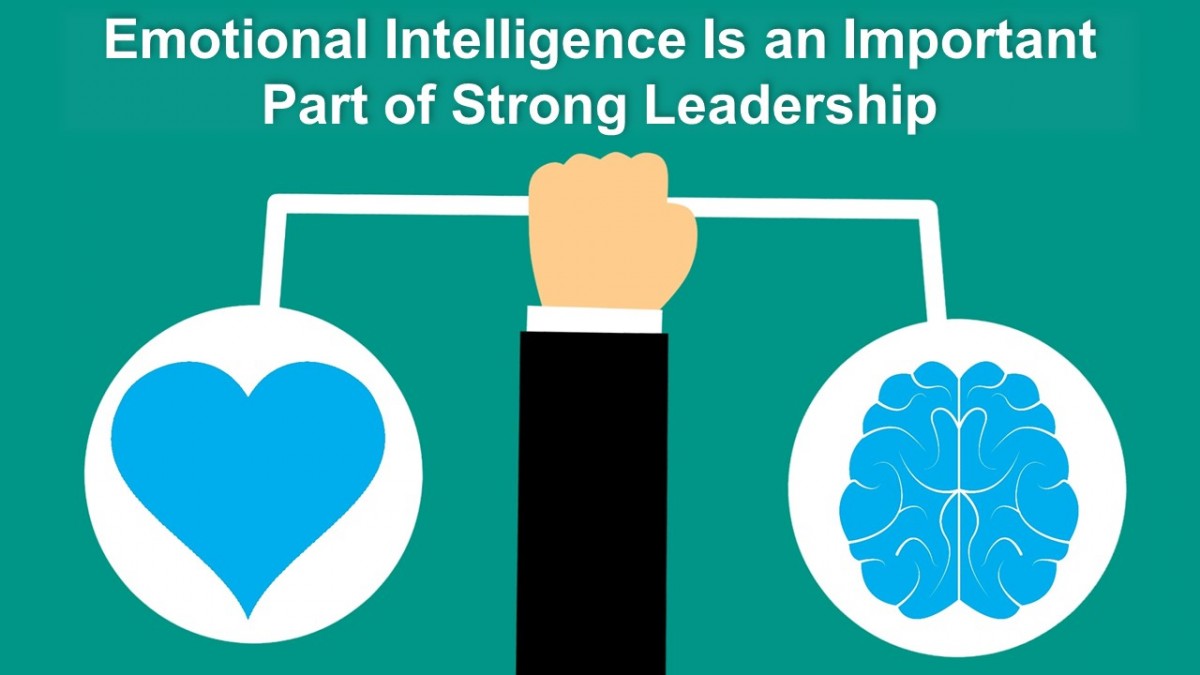Mastering the Art of Emotional Intelligence
In the world of leadership, there is a crucial element that often gets overlooked but plays a significant role in effective leadership – emotional intelligence. Mastering the art of emotional intelligence is not just about being in touch with your own emotions, but also being able to understand and empathize with the emotions of others. It is about harnessing the power of emotions to build strong relationships, motivate your team, and make sound decisions.
Emotional intelligence is the ability to recognize and manage your own emotions, as well as the emotions of those around you. It involves having self-awareness, self-regulation, empathy, and social skills. A leader who possesses high emotional intelligence is able to navigate the complexities of human interactions with grace and finesse.
One of the key components of emotional intelligence is self-awareness. This involves being able to recognize your own emotions and understand how they can affect your thoughts and behavior. A leader who is self-aware is better able to regulate their emotions and not let them cloud their judgment. They are able to stay calm and composed in high-pressure situations, which can inspire confidence in their team.
Self-regulation is another important aspect of emotional intelligence. It involves being able to control your impulses and reactions, and think before you act. A leader who is able to self-regulate is less likely to make rash decisions or act out of anger. They are able to stay focused on their goals and maintain a sense of perspective, even in the face of adversity.

Image Source: businessleadershiptoday.com
Empathy is also a crucial component of emotional intelligence. It involves being able to understand and share the feelings of others. A leader who is empathetic is able to build strong relationships with their team members, as they are able to connect with them on a deeper level. They are able to see things from their perspective and provide support and encouragement when needed.
Social skills are the final piece of the emotional intelligence puzzle. This involves being able to communicate effectively, resolve conflicts, and build rapport with others. A leader who possesses strong social skills is able to inspire and motivate their team, as they are able to create a positive and inclusive work environment.
In order to master the art of emotional intelligence, a leader must be willing to put in the effort to develop these skills. This involves self-reflection, seeking feedback from others, and being open to learning and growth. It also involves practicing mindfulness and being present in the moment, so that you can respond to situations with clarity and intention.
Ultimately, mastering the art of emotional intelligence is essential for effective leadership. A leader who possesses high emotional intelligence is able to build strong relationships, inspire their team, and make sound decisions. They are able to navigate the complexities of human emotions with grace and finesse, and lead with empathy and authenticity. Emotional intelligence is not just a nice-to-have skill for leaders – it is a crucial component of success in today’s fast-paced and constantly changing world.
Leading with Heart and Mind in Harmony
Effective leadership is not just about making decisions and giving orders. It is about understanding and connecting with the people you lead on a deeper level. This is where emotional intelligence plays a crucial role in successful leadership. The ability to lead with both heart and mind in harmony is what sets great leaders apart from the rest.
Emotional intelligence is the ability to recognize and understand emotions in yourself and others, and to use this awareness to manage your behavior and relationships effectively. When a leader possesses high emotional intelligence, they are better equipped to handle the complexities of human interactions in the workplace. They are able to empathize with their team members, communicate effectively, and resolve conflicts in a constructive manner.
Leading with heart means being in tune with your emotions and the emotions of those around you. It means showing empathy, compassion, and kindness towards others. A leader who leads with heart is able to build strong connections with their team members, earning their trust and loyalty. This emotional connection fosters a positive work environment where team members feel valued, respected, and motivated to do their best work.
On the other hand, leading with mind involves using logic, reason, and critical thinking to make sound decisions. A leader who leads with mind is strategic, analytical, and forward-thinking. They are able to see the big picture, set clear goals, and develop effective strategies to achieve them. By combining emotional intelligence with cognitive intelligence, a leader can make well-informed decisions that take into account both the emotional and rational aspects of a situation.
When a leader is able to lead with both heart and mind in harmony, they create a balanced approach to leadership that is both effective and inspiring. They are able to connect with their team members on an emotional level, while also providing them with direction and guidance based on logic and reason. This balance allows a leader to navigate the complexities of leadership with grace and confidence.
In conclusion, the crucial role of emotional intelligence in effective leadership cannot be overstated. By leading with heart and mind in harmony, a leader is able to create a positive work environment where team members feel valued, motivated, and empowered. This approach to leadership fosters strong relationships, improves communication, and enhances overall team performance. So, next time you find yourself in a leadership position, remember to lead with both heart and mind to achieve success and make a meaningful impact on those you lead.
The Importance of Emotional Intelligence in Leadership